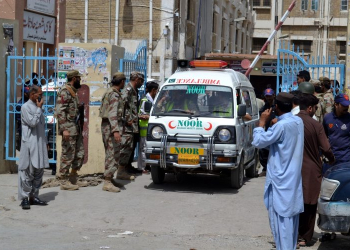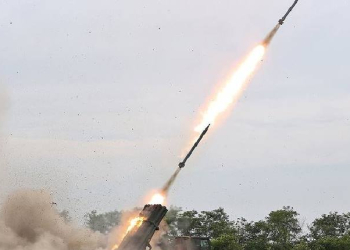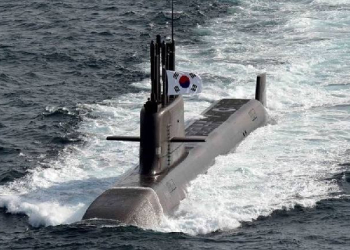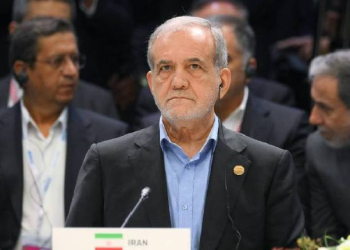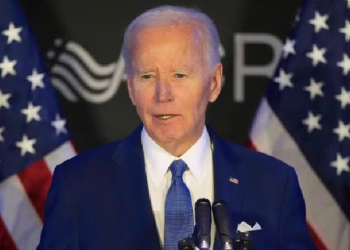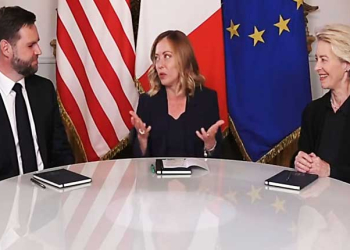Colombo: Sri Lanka will sign a memorandum of understanding (MoU) with India to promote renewable energy as the Island nation aims to generate 70 per cent of its electricity requirements from renewable sources by 2030.
Sri Lankan Cabinet has given approval for a MoU on the cooperation in the field of renewable energy between the two countries, a Sri Lanka Cabinet spokesman said.
“The government has declared generating 70 per cent of the electricity requirement by 2030 from renewable energy sources to become independent in power supply and for neutralising carbon emissions by 2050,” the spokesman added.
He said that the Indian government has expressed willingness to strengthen renewable energy sector by operating and facilitating power generation using solar, wind and power generation through biomass.
India is also to provide continuous transmission of infrastructure in places where agreed mutually in the island including the northern and eastern provinces in cooperation with private and state entrepreneurs in India and Sri Lanka.
Meanwhile, the National Thermal Power Corporation (NTPC) of India and the Ceylon Electricity Board (CEB) of Sri Lanka have entered into an agreement to jointly implement a solar power project in two stages in the same venue where the previous coal power generation plant was planned to be established in Sampoor in Trincomalee, generating 135 megawatts.
“As the first stage of this project, it is expected to implement a solar power project of 50 megawatts with a total estimated investment of $42.5 million and to construct a 220 kilowatts transmission line with 40 km length from Sampoor to Kappalthure in the Eastern province spending $23.6 million and it is planned to complete this stage in two years from 2024 to 2025,” the spokesman said.
“A solar power generation plant with an additional 85 megawatts is expected to be constructed under a total investment of $72 million at the stage 2 of this project. Further to this, it has been planned to construct a transmission line of 76 km with a capacity of 220 kilowatts from Kappalthure to New Habarana in the North Central province with an estimated expenditure of $42 million in order to the distribution of electricity generated under the above stage 02,” he added.
On Friday, Sri Lanka’s Power and Energy Minister Kanchana Wijesekera had a discussion on investment opportunities and energy sector corporation with an Indian delegation led by Pankaj Jain, Secretary of the Indian Ministry of Petroleum and Natural Gas. The discussion had focused on developing Trincomalee as an energy hub and promoting renewable energy, infrastructure development and supply of liquefied natural gas.
At the discussion, Jain had called for enhanced partnership between India and Sri Lanka in energy sector and said that the two countries need to explore renewable energy sources as well as understanding newer molecules like green hydrogen, ammonia and compressed biogas.
The Indian delegation participated at the discussion included Indian High Commissioner to Sri Lanka Gopal Baglay, Deputy High Commissioner Vinod K. Jacob, Special Duty Officer of the Ministry of Petroleum and Natural Gas Esha Srivastava, Chairman of IOC Company S.M. Vaidya, Engineers India Limited Chairman Varthika Shukla, Managing Director of Petronet LNG Limited A.K. Singh, Managing Director of ONGC Videsh Limited Rajarshi Gupta, Director of Hindustan Petroleum Corporation Limited Amit Garg and officials from the High Commission of India.
(IANS)



